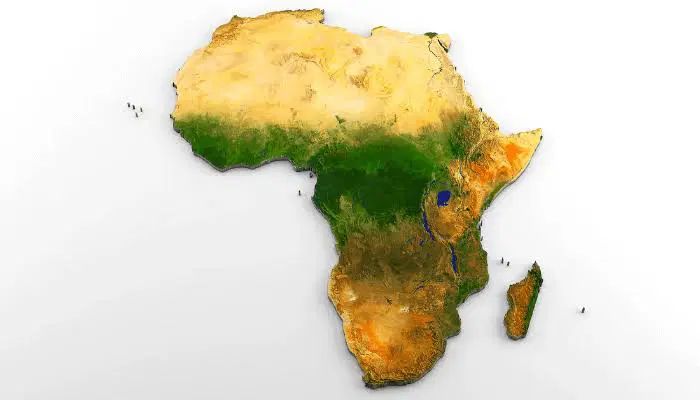The Federal Government has invested over ₦200 billion in the agricultural sector to boost food production and strengthen national food security.
This was disclosed in a statement on Sunday by the Minister of Agriculture and Food Security, Abubakar Kyari.
Kyari said “The ministry has invested over N200bn in terms of intervention and has also given out free of charge N2,150,000 fertilisers to support farmers across the country.”
The Minister disclosed that the ministry distributed fertilisers worth over ₦2.15 billion free of charge to farmers nationwide to support cultivation and boost yields.
He commended the Government of The Gambia for seeking a partnership with Nigeria to enhance food production and drive economic growth.
Kyari further acknowledged that the journey toward food sufficiency in Nigeria has been challenging but highlighted the significant progress made with support from development partners like the Food and Agriculture Organisation and the World Bank.
“It has been a tough journey for the present government to arrive at being food sufficient and has opted for the game in terms of production through development partners like FAO, World Bank, among others to increase production,” Kyari stated.
Kyari noted that, “When President Bola Tinubu came into power in 2023, and was committed to making sure that Nigeria is food secured, which propelled him to give a marching order that ‘we must achieve food security and food sovereignty.”
He stated that the ministry’s renaming—from the Federal Ministry of Agriculture and Rural Development to the Federal Ministry of Agriculture and Food Security—was a strategic response to growing food insecurity driven by climate change, the impact of COVID-19, and natural disasters such as floods.
Kyari emphasized the need to attract more youth into the agricultural sector, noting that traditional, labor-intensive farming methods often deter young people. ““We have a huge capacity within our youths, but because of the laborious nature involved, it scares away our youths,” he said, remarked.
He also highlighted progress in rice and wheat cultivation, citing successful research breakthroughs as a sign of growing innovation in the sector.
“Rice is one of those areas you have mentioned, but I believe that we have also achieved a lot of milestones in research, crops, like Wheat, for instance, is something that we are working on and has consistently shown an improvement and success from when we started in 2023.
“In 2023 farmers were also assisted with imported wheat seeds and as at last year, no seed was imported, because we have developed our own seeds internally and were able to cultivate almost 500 metric tons of wheat within Nigeria to boost productivity through our various research institutes and Agencies under the Ministry,” Kyari added.
Meanwhile, during the courtesy visit, Gambian Minister of Agriculture, Livestock and Food Security, Demba Sabally, revealed that his delegation had toured Kebbi State to study Nigeria’s rice cultivation and irrigation practices, with the intention of replicating the model in The Gambia.
“The few things that stood out to them were the outgrower scheme success in Nigeria, which is one thing his team has picked up, from post-harvest management, mechanisation, seeds, packaging, and the trade of rice,” Sabally said.











